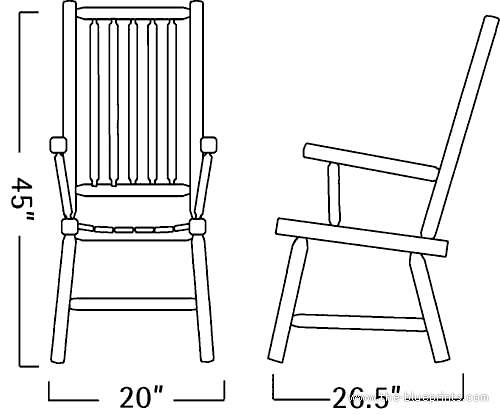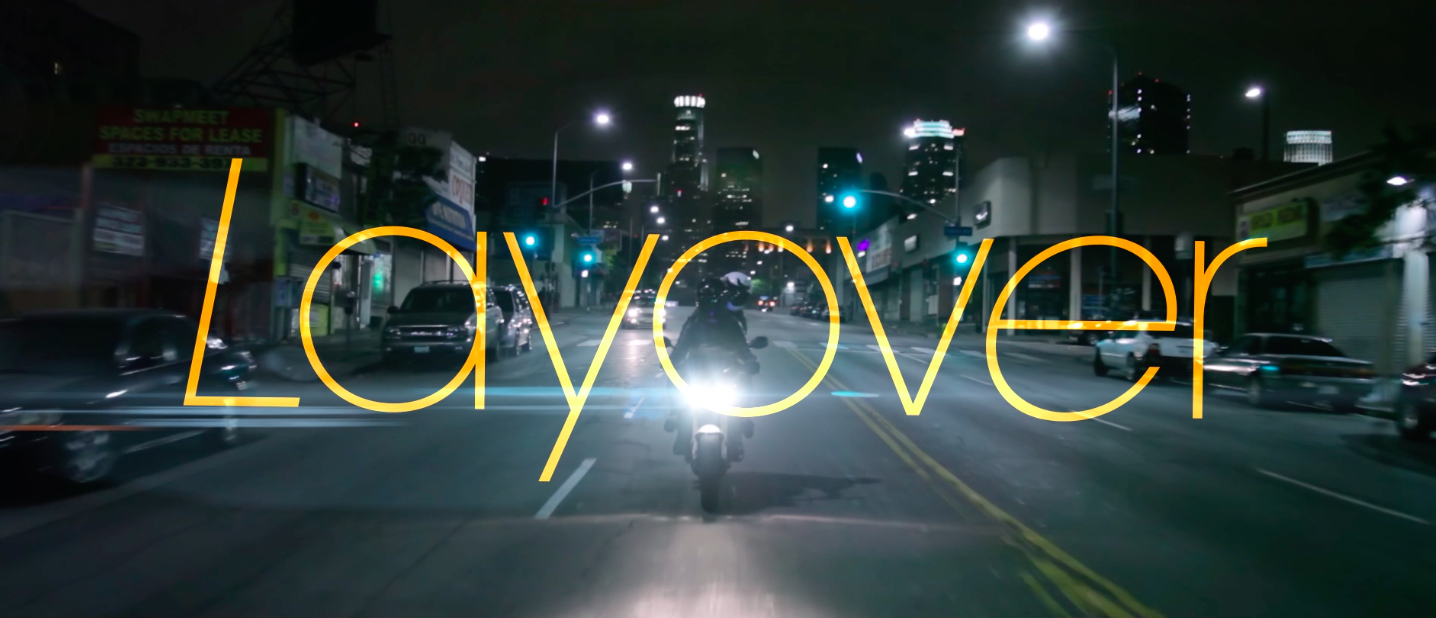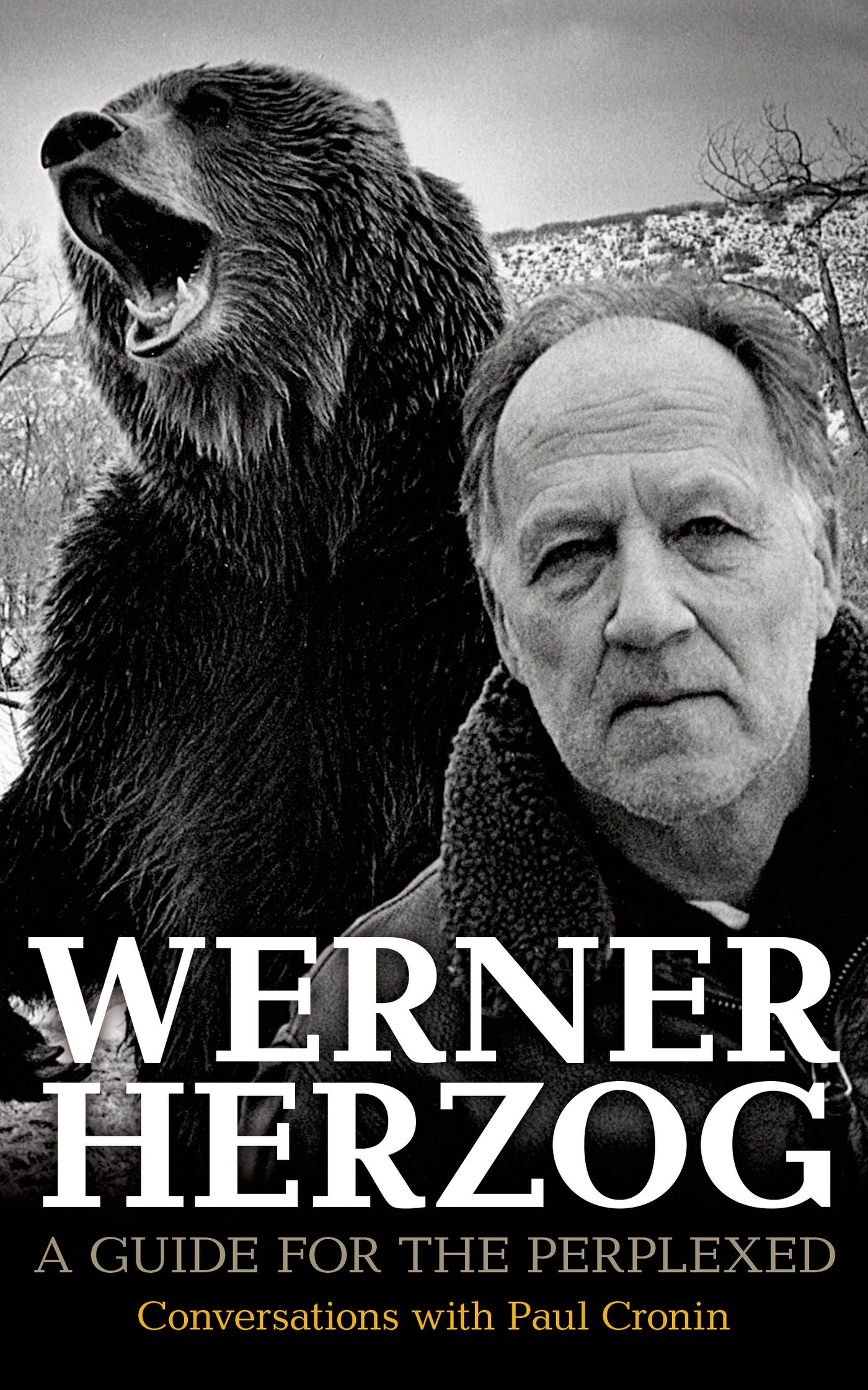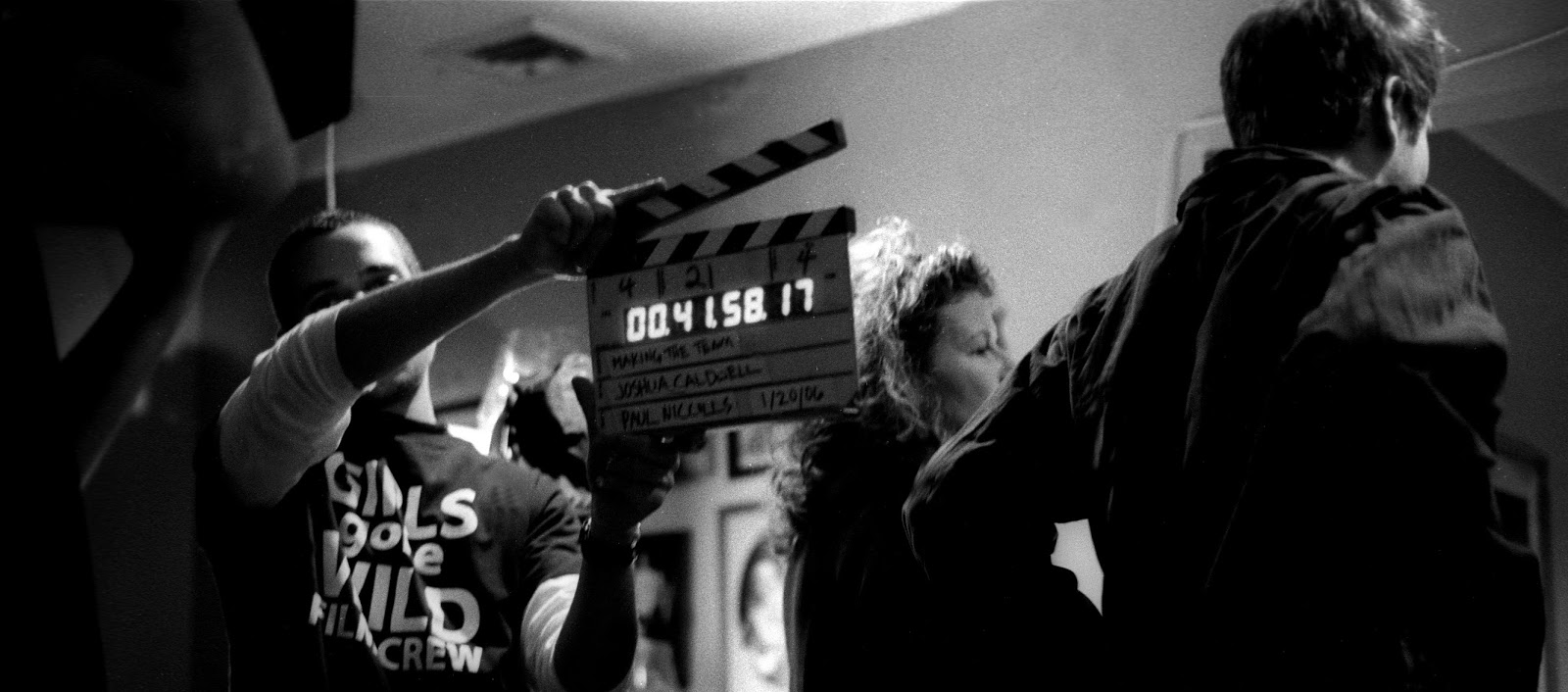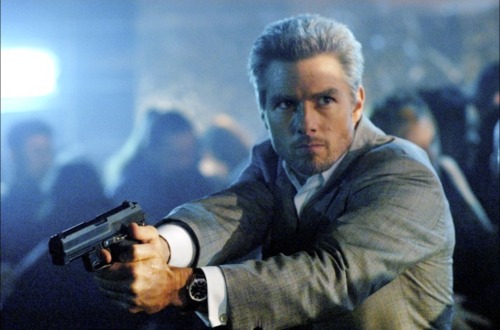Why is ASSASSIN an LBTQ film? It's simple really. I feel like we need #BetterRepresentation in film and the bigger studios aren't going to do it. I feel like we need stories with female main characters that has nothing to do with them being female and, with ASSASSIN, I think it's time we tell stories about LGBT and LBTQ characters that has nothing to do with their sexuality.
In ASSASSIN, though the story is about a relationship between two women, their sexual identification is irrelevant to the story. It's not a film about being gay. It's a film about two characters who happen to be gay. Allie Esslinger from Section II, one of our partners on the project, referred to this as 'Post Gay.' We're making it because we don't see others doing it but for that to happen, we need your support.
On October 22, we launched our crowdfunding campaign for ASSASSIN, the second film in the LAX Trilogy. As you remember, we had a less than successful Indiegogo campaign for the LAX Trilogy as a whole back in May. Well, since then, we've learned a lot about what we did wrong and how we could do better, mainly thanks to Emily Best and her amazing company Seed & Spark.
So, we decided to try again, this time focusing just on ASSASSIN and here we are. It's been two weeks, we're halfway through the campaign and we've raised roughly 23% of what we need. It's good, it's not great.
They say that you're more likely to meet your campaign goal if you hit 30% within the first week. By that measure, we're not looking so hot -- but we're not throwing in the towel. No, sir.
We need 80% to get greenlit and received the funds. If we don't hit that amount, we get nothing. Thanks to an anonymous matching donor, the past week has resulted in matching funds of $2156, which means as soon as those matching funds hit the campaign, we'll be at 31%. Better, still not great.
We need your support and we want you to join our team. Can't contribute money at the moment. That's okay because you can help by spreading the word about the campaign. Use the following link to support Assassin with three simple clicks: bit.ly/shareassassin
We're still a ways from making this a reality but as you can see from the pitch video and the video playlist below there's tons of early content for you to check out and enjoy. Our hope is not only make the movie but give you guys an inside look at the making of Assassin as we do it.
There's lots of cool, exciting things coming up as we ramp up towards production. Considering taking a moment to either support and/or spread the word about the project!
We've also been releasing some cool content, both about Assassin and making #nobudget films in general. You can check it them out below or on our YouTube page.
Thank you for all your continued support!
In ASSASSIN, though the story is about a relationship between two women, their sexual identification is irrelevant to the story. It's not a film about being gay. It's a film about two characters who happen to be gay. Allie Esslinger from Section II, one of our partners on the project, referred to this as 'Post Gay.' We're making it because we don't see others doing it but for that to happen, we need your support.
On October 22, we launched our crowdfunding campaign for ASSASSIN, the second film in the LAX Trilogy. As you remember, we had a less than successful Indiegogo campaign for the LAX Trilogy as a whole back in May. Well, since then, we've learned a lot about what we did wrong and how we could do better, mainly thanks to Emily Best and her amazing company Seed & Spark.
So, we decided to try again, this time focusing just on ASSASSIN and here we are. It's been two weeks, we're halfway through the campaign and we've raised roughly 23% of what we need. It's good, it's not great.
They say that you're more likely to meet your campaign goal if you hit 30% within the first week. By that measure, we're not looking so hot -- but we're not throwing in the towel. No, sir.
We need 80% to get greenlit and received the funds. If we don't hit that amount, we get nothing. Thanks to an anonymous matching donor, the past week has resulted in matching funds of $2156, which means as soon as those matching funds hit the campaign, we'll be at 31%. Better, still not great.
We need your support and we want you to join our team. Can't contribute money at the moment. That's okay because you can help by spreading the word about the campaign. Use the following link to support Assassin with three simple clicks: bit.ly/shareassassin
We're still a ways from making this a reality but as you can see from the pitch video and the video playlist below there's tons of early content for you to check out and enjoy. Our hope is not only make the movie but give you guys an inside look at the making of Assassin as we do it.
There's lots of cool, exciting things coming up as we ramp up towards production. Considering taking a moment to either support and/or spread the word about the project!
We've also been releasing some cool content, both about Assassin and making #nobudget films in general. You can check it them out below or on our YouTube page.
Thank you for all your continued support!
